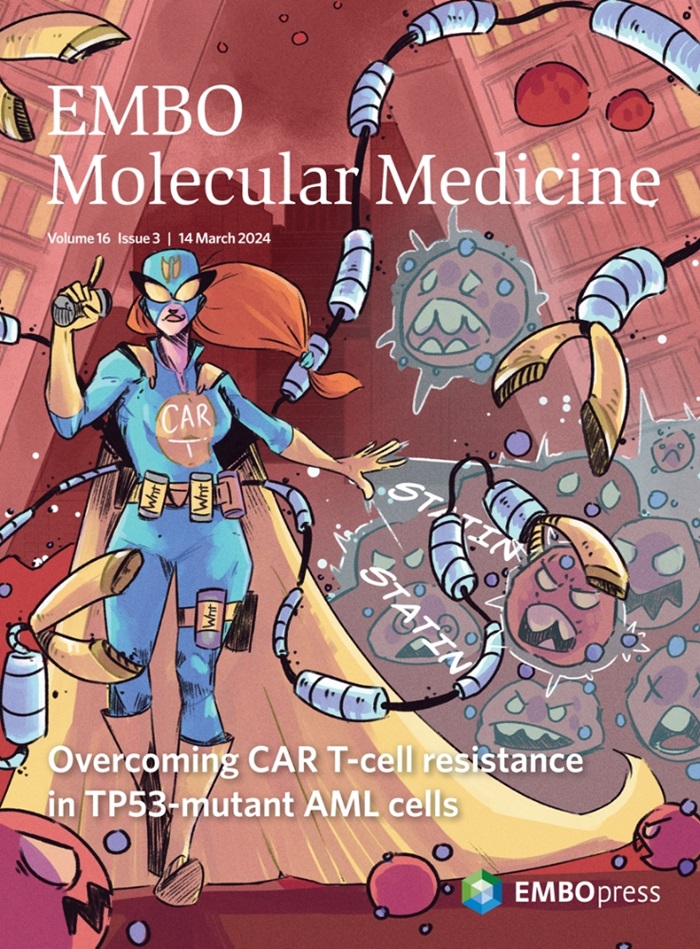Formyl-peptide receptor type 2 activation mitigates heart and lung damage in inflammatory arthritis.
Abstract
Rheumatoid arthritis (RA) is associated with heart and lung dysfunction. Current therapies fail to attenuate such complications. Here, we identify formyl-peptide receptor type 2 (FPR2) as a therapeutic target to treat heart and lung dysfunction associated with inflammatory arthritis. Arthritic mice on high levels of dietary homocysteine develop cardiac diastolic dysfunction and reduced lung compliance, mirroring two comorbidities in RA. Therapeutic administration of a small molecule FPR2 agonist (BMS986235) to hyper-homocysteine arthritic mice prevented diastolic dysfunction (monitored by echocardiography) and restored lung compliance. These tissue-specific effects were secondary to reduced neutrophil infiltration, modulation of fibroblast activation and phenotype (in the heart) and attenuation of monocyte and macrophage numbers (in the lung). A dual FPR1/2 agonist (compound 43) failed to prevent the reduction in lung compliance of arthritic mice and promoted the accumulation of inflammatory monocytes and pro-fibrotic macrophages in lung parenchyma. This cellular response lies downstream of FPR1-mediated potentiation of CCL2-dependent monocyte chemotaxis and activation. This finding supports the therapeutic development of selective FPR2 agonists to mitigate two impactful comorbidities associated with inflammatory arthritides.

 求助内容:
求助内容: 应助结果提醒方式:
应助结果提醒方式:


